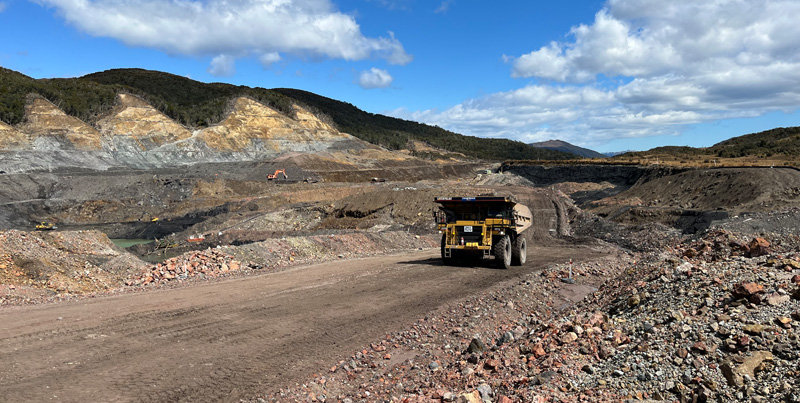Future focus
Mining essential to
combat climate change
You would have to live under a rock to not be aware that many smart minds around the world are focused on Climate Change – how we can adapt to it, build resilience into critical infrastructure, and mitigate against future effects.
Mining will play a part in this journey into the future.
Future technology will rely on minerals – driverless cars, more sophisticated electric vehicles, high speed trains, robots, advanced medicine, food technology and space exploration and travel, will all be possible because of mined minerals.
By 2030 alone, to meet demand for electricity storage, the International Energy Agency predicts the world will need 50 new lithium mines, 60 new nickel mines and 17 new cobalt mines.
S&P Global reported that mining investment is expected to increase by $US100 billion annually from current levels to produce the mineral commodities required for the world to achieve net-zero emissions by 2050.
Straterra wants New Zealand to be able to seize the once in a generation opportunity that the world’s move to green technology and the low carbon transition offers. We have potential for critical minerals here and we want to be able to tap that, as well as continue to supply all the minerals we currently mine to the world. For that, we need enabling law and it is part of Straterra’s role to work with successive governments and their officials to keep pathways to mining open.
Previous New Zealand Prime Minister, Rt Hon Helen Clark, spoke to the Oslo Energy Forum in February 2023, as Chair of the Board of the Extractive Industries Transparency Initiative and said:
“We are acutely aware of the role which mining has to play in the shift to net-zero carbon emissions. Technologies needed for a sustainable energy future – such as solar panels, wind turbines, and electric vehicles – rely heavily on minerals.
“The more ambitious the world is in its decarbonisation efforts, the more mining it will need. According to the International Energy Agency again, limiting global warming to below two degrees Celsius could require a fourfold increase in the supply of minerals for clean energy technologies within the next two decades. The aspiration of the Paris Agreement was to keep global warming below 1.5 degrees Celsius – requiring an even bigger lift in strategic minerals extraction.
“As the global energy landscape changes rapidly, there is a need for resource-rich countries to act quickly and leverage multi-stakeholder dialogue to ensure that the energy transition is managed well for the overall benefit of the world’s citizens. There is a significant role for development partners to play in support of that. Together, governments and industry and civil society partners can act to ensure a successful energy transition which supports peace and development and not conflict and division.”
Her speech was titled ‘The importance of good governance to the energy transition’.
Straterra believes good governance is essential and again, New Zealand has a valuable role to play as a country that operates mining under strict health and safety standards, high worker pay and conditions, and stringent environmental standards.
We want to see a critical minerals strategy that links us into the rest of the world as we work together for a future that offers affordable, accessible, readily available minerals for energy, food production and manufacturing.
It is essential that those who can least afford it aren’t left behind.







